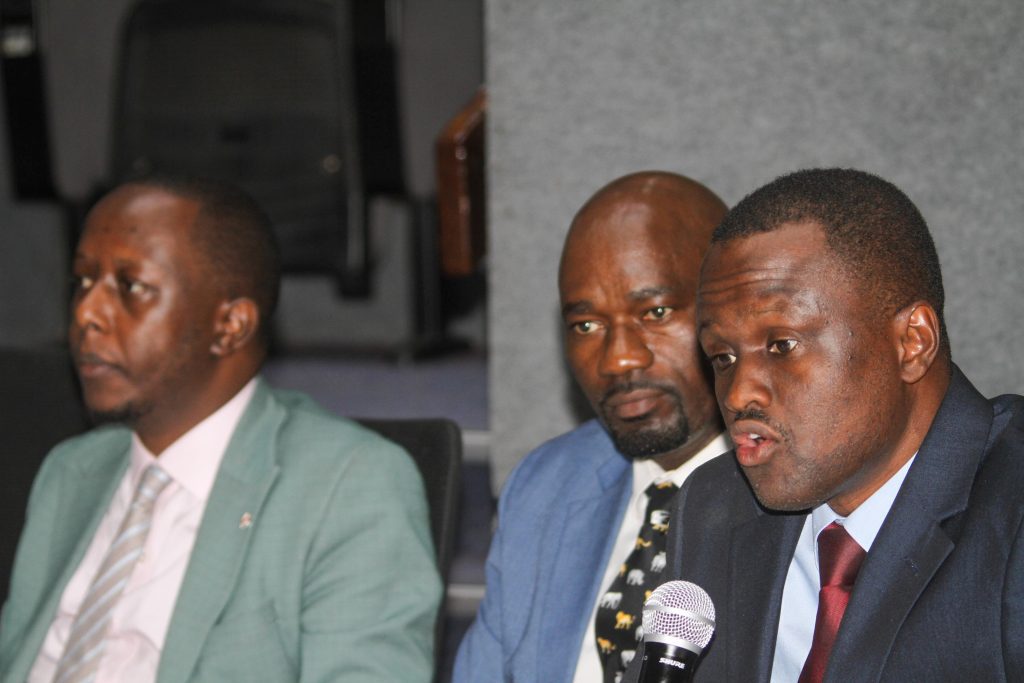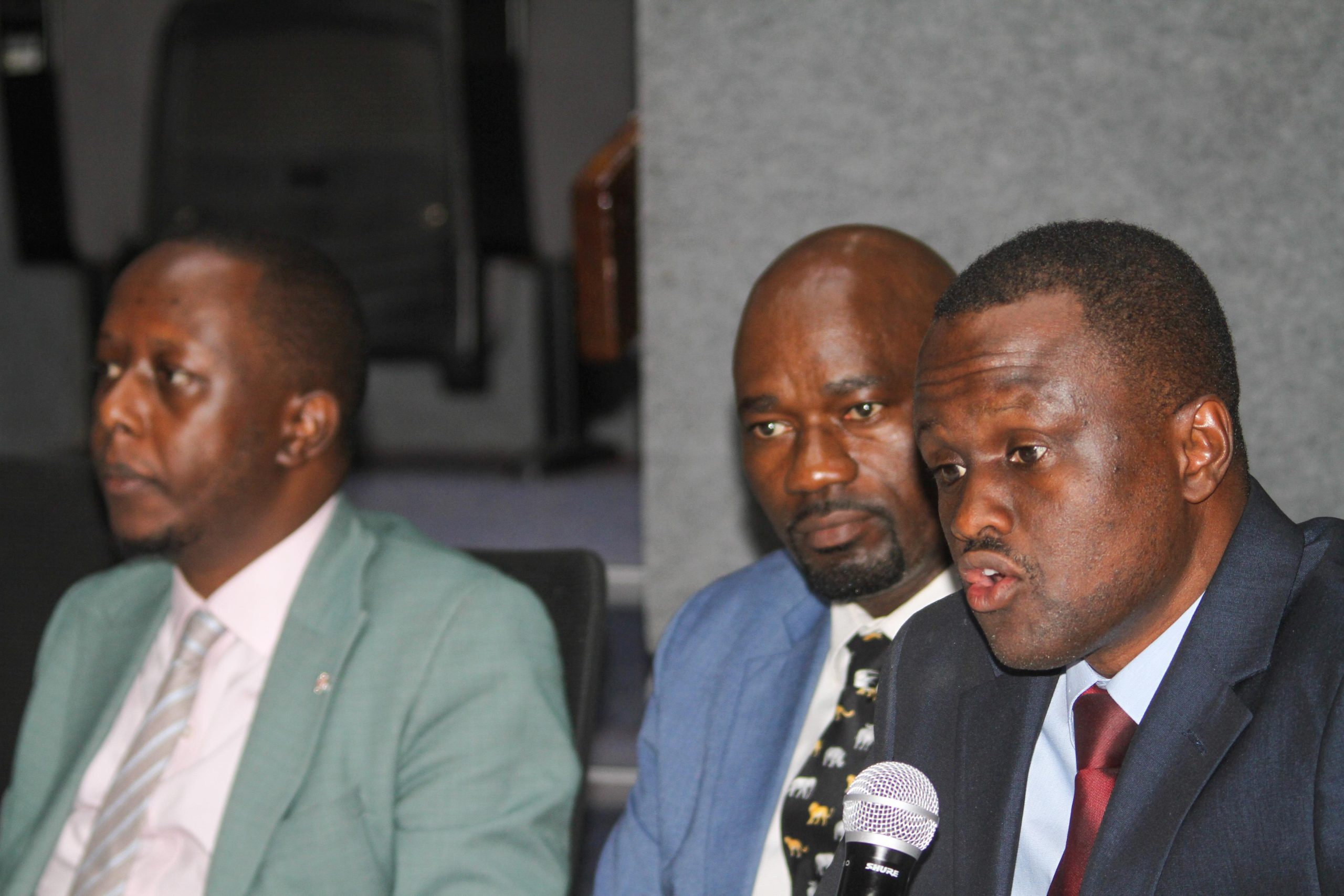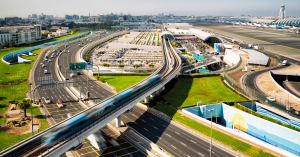
Stakeholders in Kenya’s aviation sector have opposed the proposed introduction of a 16 per cent Value Added Tax (VAT) on several services within the industry, urging Members of Parliament to reconsider the move.
The proposed VAT would affect a wide range of services, including aircraft services, spare parts, air ticketing, and certain tourism-related activities, raising concerns about its potential negative impact on domestic travel and the broader tourism sector.
- Travel agents raise alarm over impact of higher taxes, policy changes
- African airlines see 20.7 per cent international traffic growth
- African airlines mark 4th consecutive year of no fatal accidents
Among the services set to be taxed are aircraft with an unladen weight exceeding 2,000kgs but not exceeding 15,000kgs, direction-finding compasses, aircraft appliances, and spare parts imported by aircraft operators.
Additionally, services related to the leasing and chartering of aircraft (excluding helicopters), as well as air ticketing services provided by travel agents, would also face the new tax.
The International Air Transport Association (IATA) has strongly advocated for the retention of the current VAT exemptions, arguing that the proposed changes could undermine the growth of domestic and regional travel.
Significant investment risks
During their presentation before the National Assembly’s Finance Committee on Wednesday, IATA officials noted that the high cost of acquiring aircraft already adds significant investment risks, discouraging potential investors.
“If all aircraft remain exempt from VAT, we can expect an increase in domestic travel volumes, which will lead to higher collections from air passenger service charges. Additionally, VAT earnings from hotels, meals, and accommodation services will see a sustainable increase, benefitting the Kenya Revenue Authority (KRA),” IATA representatives stated.
Similarly, the Kenya Association of Travel Agents (KATA) voiced its opposition, stressing that the VAT proposal could disrupt the entire tourism value chain.
KATA warned that increasing the cost of both domestic and international travel would reduce the affordability of trips for tourists, diminishing Kenya’s competitiveness in the regional market.
“This will significantly raise operating costs for the air travel sector and, by extension, the cost of travel within Kenya and abroad,” KATA representatives said.
The association also pointed out that many businesses in the tourism industry rely heavily on air travel services, which are often facilitated by local travel agencies. These agencies play a crucial role in the broader tourism ecosystem, supporting various stakeholders in the industry.
In addition, KATA highlighted that Kenya is already facing stiff competition from other safari destinations like South Africa, Zimbabwe, Botswana, and Tanzania, which have adopted more favourable tax and fee structures for intra-Africa travel.
Both IATA and KATA have urged MPs to reconsider the proposed VAT imposition, arguing that it would undermine the Kenyan tourism sector’s growth and the aviation industry’s ability to thrive.
They further noted that many other African countries have created legislative frameworks designed to reduce travel and tourism costs, thus promoting a competitive advantage in the region.
Source: Eastleigh voice






